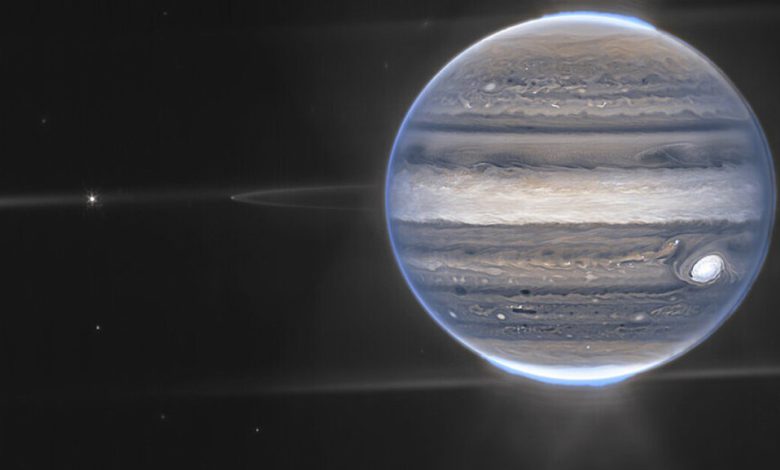
Fans of astronomy will be in for a treat as a special event is set to happen Monday night.
That's when Jupiter is set to make its closest approach to Earth since 1963, NASA said.
According to the space agency, the solar system's largest planet will be approximately 367 million miles in distance from Earth as opposed to its farthest distance of roughly 600 million miles.
NASA said the gas planet would appear bigger and brighter because of its opposition, which means that it'll be directly opposite the Sun in the sky as viewed from Earth.
“With good binoculars, the banding (at least the central band) and three or four of the Galilean satellites (moons) should be visible,” said NASA research astrophysicist Adam Kobelski in a blog post. “It’s important to remember that Galileo observed these moons with 17th-century optics. One of the key needs will be a stable mount for whatever system you use.”
Kobelski says the best place to view the unique event will be a high elevated spot in a dark and dry area.









